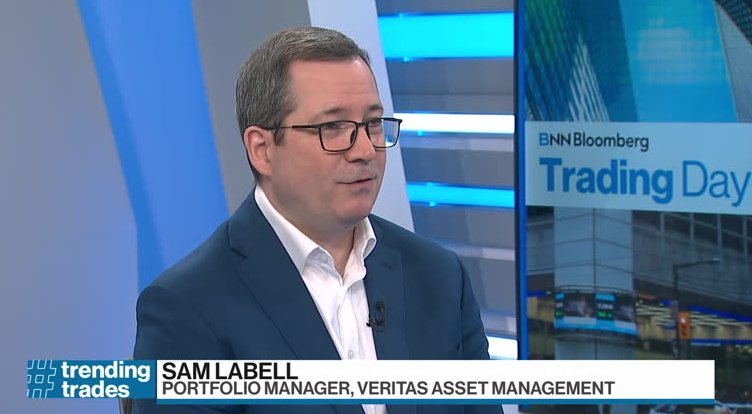



Dr. Brooks Robinson's recent analysis highlights the significant economic impact of healthcare on Black Americans, noting that healthcare production is nearing 20% of the U.S. GDP. From 1998 to 2023, healthcare contributed 0.205 percentage points to real GDP growth, with healthcare accounting for 8.6% of real GDP growth overall. This underscores the vital role that healthcare plays not only in the economy but also in the livelihoods of Black Americans [fd534d1a].
The healthcare sector is particularly crucial for minority employment and ownership, as Black-owned businesses make up a significant portion of this industry. Despite the overall positive economic outlook, disparities remain stark. Cancer, for instance, was the second leading cause of death for Non-Hispanic Black Americans in 2022, accounting for 17.2% of deaths, highlighting the urgent need for equitable healthcare access [fd534d1a].
The recent surge in GDP, which doubled by 2.8% in the second quarter of this year, has also led to increased spending in healthcare and affiliated businesses, growing by about $27 billion. This growth is expected to provide greater availability of credit and investment opportunities for minority-owned businesses, which are essential for their sustainability [6d310186].
However, the benefits of this economic growth are not evenly distributed, as minority-owned firms continue to face increased competition without proportional access to resources. According to a Pew Research Center analysis, Black-owned businesses had pronounced increases in revenue and employment, employing 1.321 million people and adding 48,549 new jobs in 2020. Yet, they still account for only about 3% of U.S. firms and 1% of the country's gross revenue [de3e3c4d].
In light of these challenges, several grants are available to support Black-owned businesses and promote their growth and development, which is vital for community development and reducing wealth gaps [de3e3c4d]. As the U.S. economy remains strong, experts like Sam Labell suggest that commodities, including healthcare services, will continue to benefit, providing a potential avenue for investment and growth in the sector [54aa13a0].
Robinson's insights also draw attention to international disparities, referencing two BBC articles on UK families remortgaging for ADHD medication and Princess Catherine's cancer remission, which further emphasize the need for equitable healthcare access across different demographics [fd534d1a].